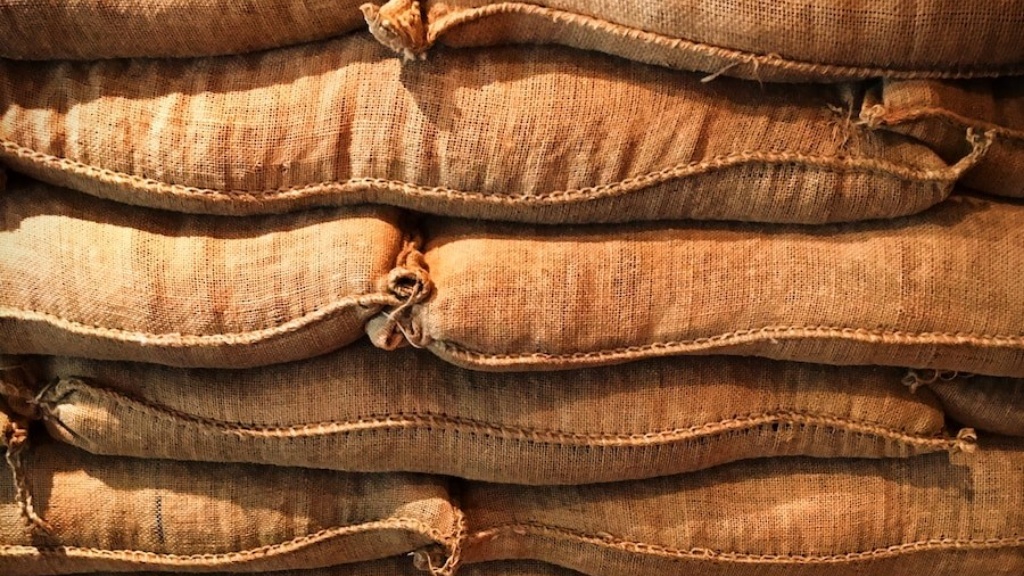Main Topic: Is It Good To Drink Coffee Before Running
Coffee and running are two activities that many people enjoy. Some people like to run in the morning and enjoy a cup of coffee before they go, while others run in the afternoon and consider coffee a way to fuel up before they hit the pavement. The question is, is it actually beneficial to have coffee before running?
Coffee has long been recognized as having stimulant properties, as its main active ingredient, caffeine, can help to control fatigue and improve alertness. Studies suggest that the stimulant effects of coffee can help to improve performance in aerobic activities such as running. In addition, coffee has been shown to increase the amount of stored glycogen in the muscles, which can help to delay the onset of fatigue and reduce the overall time of a run.
Many experts agree that drinking coffee before running is generally a good idea. They cite several studies which have shown that caffeine intake can improve athletic performance. Additionally, coffee can help to reduce the perception of exertion during a run, making it easier to push through the challenging parts of a race.
On the other hand, there are some potential drawbacks to drinking coffee before running. For one, caffeine is a diuretic, which means that it can cause dehydration. As dehydration can lead to an increased risk of cramps and injury, it’s important for runners to pay attention to their hydration levels when consuming caffeine before a run. Experts recommend drinking plenty of water before, during, and after exercise in order to stay properly hydrated when drinking coffee.
In addition, coffee can cause increased levels of stomach acidity, and this can lead to an upset stomach or other gastrointestinal issues during a run. As such, it’s important to remember to eat a light snack before running in order to minimize the potential problems associated with too much caffeine.
Overall, while there are potential downsides to drinking coffee before running, studies have shown that the stimulant effects of caffeine can help to improve performance and reduce the perception of effort. It’s important to be aware of the potential issues associated with caffeine ingestion, as well as how to best manage them in order to get the most out of your runs.
Benefits of Coffee
One of the primary benefits of drinking coffee before running is that it can help to improve athletic performance. Research has shown that caffeine can help to reduce the perception of effort during a run, leading to improved performance. Additionally, caffeine can increase the amount of stored glycogen in the muscles, resulting in increased energy and reduced fatigue during a run.
In addition, drinking coffee has been shown to potentially reduce post-workout muscle soreness. As such, it can be a great way to reduce the amount of time it takes to recover after a tough run. Coffee also can help to improve focus and concentration, allowing runners to stay focused on their run and maintain a steady pace.
Coffee consumption can also boost the body’s metabolism, leading to increased fat burning and improved weight loss. Because of its stimulant properties, caffeine can also provide a sense of alertness and energy, making it easier to get motivated to go out for a run.
Finally, coffee can act as an appetite suppressant, helping runners to manage their diet and maintain their weight. It can also make it easier to resist unhealthy snacks and junk food, by providing a healthier alternative to processed snacks.
Risks of Coffee
Although there are numerous benefits to drinking coffee before running, there are also some potential risks. One of the primary risks associated with drinking coffee is that it can lead to dehydration. As caffeine is a diuretic, it can cause the body to release too much fluid from the body, leading to increased levels of dehydration.
Another risk associated with drinking coffee is that it can lead to an increase in acidity in the stomach, resulting in gastrointestinal issues such as nausea and vomiting. Additionally, coffee can interfere with sleep, reducing the amount and quality of sleep that an athlete gets, which can lead to fatigue and diminished performance.
Finally, drinking too much coffee can result in an increase in blood pressure, as well as an increased risk of developing heart conditions. As such, it’s important to be aware of the potential risks associated with drinking coffee before a run and to limit intake accordingly.
Advice for Runners
Given the potential risks and benefits of drinking coffee before running, it’s important to exercise caution when it comes to caffeine intake. Here are some tips to help runners get the most out of their coffee consumption:
- Drink coffee in moderation – one to two cups of coffee per day is usually sufficient.
- Make sure to drink plenty of water before, during, and after a run to stay hydrated.
- Eat a light snack before running to minimize the risk of gastrointestinal issues.
- Avoid consuming coffee late in the day, as this can interfere with sleep.
- Track caffeine intake to make sure you’re not overdoing it.
Following these tips can help to ensure that runners get the most out of their coffee consumption, without putting themselves at risk for adverse side effects.
Alternatives to Coffee
For those who are looking for a caffeine-free alternative to drinking coffee before running, there are several options available. Some of the most popular alternatives include green tea and caffeine-free herbal teas, both of which can be found in many grocery stores. Additionally, many runners find that natural energy sources such as fruits and nuts can provide an effective pre-run pick-me-up.
For those who seek out natural energy sources, there are a few supplements that may be useful. Beetroot juice, for example, is rich in nitrates, which can help to improve the body’s oxygen utilization, making it easier to power through a long run. Additionally, omega-3 fatty acids, which are found in fish, are great for improving cardiovascular health, which can improve running performance.
Finally, for those who are looking for an energy boost without the caffeine, milk may be a good option. Milk contains both carbohydrates and protein, making it an excellent way to refuel after a run. Additionally, milk provides a good source of calcium, which is important for bone health.
Final Thoughts
Ultimately, drinking coffee before running can be a good way to improve performance, reduce fatigue, and boost alertness. However, it’s important to be aware of the potential risks associated with too much caffeine consumption, such as dehydration and gastrointestinal issues. Alternatively, there are several other options that runners can turn to for a natural energy boost.




